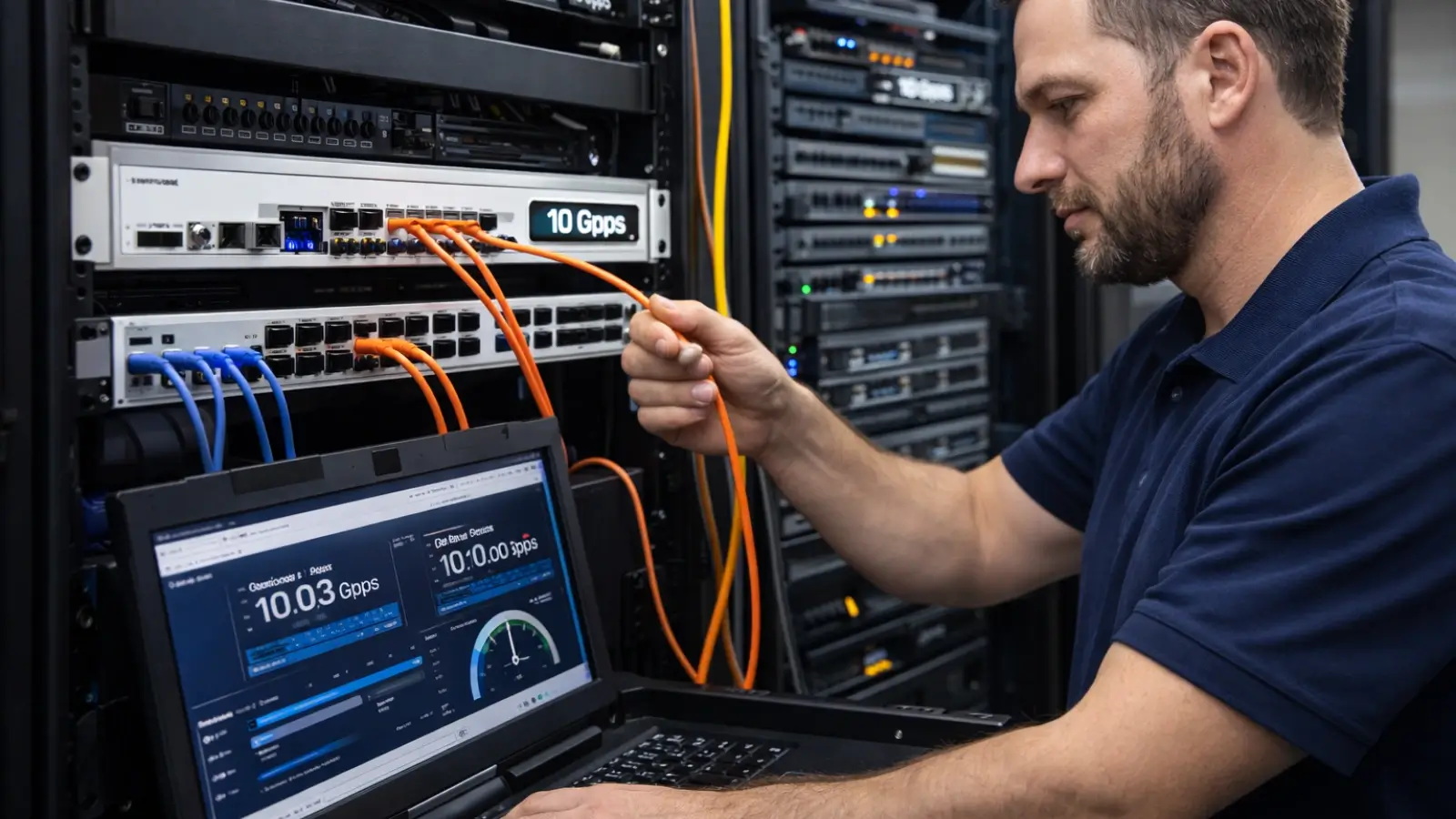PartnerOne, a Canadian private equity firm, purchased HeadSpin, a mobile app testing startup, for $28.2 million. This acquisition came after a challenging period for HeadSpin, marred by financial mismanagement and legal issues.
In 2023, HeadSpin reported a revenue of $21 million, with $5 million in revenue for Q1 2024. This resulted in PartnerOne valuing the company at approximately 1.4 times its revenue, which is slightly lower than the median M&A transaction multiple of 1.6 times for deals announced or closed in Q1 2024.
The troubles for HeadSpin began when its founder, Manish Lachwani, overstated the company’s revenue by nearly four times. This financial misconduct was discovered by the board in 2020, which included notable figures like Palo Alto Networks CEO Nikesh Arora. Following this revelation, Lachwani was forced to resign, and Arora also stepped down from the board in January. In April, Lachwani pleaded guilty to two counts of wire fraud and one count of securities fraud, leading to an 18-month prison sentence and an order to pay restitution.
Despite these issues, HeadSpin had previously raised $117 million from prominent investors such as Google Ventures, ICONIQ Capital, Dell Technologies Ventures, Battery Ventures, Felicis, and Tiger Global. However, the company’s valuation plummeted from $1.1 billion during its Series C round in February 2020 to about $302 million.
In late 2022, HeadSpin sought new equity or debt financing but failed to attract new investors. Instead, it raised $11.4 million through a convertible note from existing investors. Further attempts to secure additional funding were unsuccessful, prompting the company to enlist Shea & Company to help facilitate a sale.
After the acquisition by PartnerOne, the new leadership at HeadSpin, including the CEO, COO, and CTO, departed, receiving substantial compensation packages. However, most former employees received nothing for their vested or unvested stock options.
















